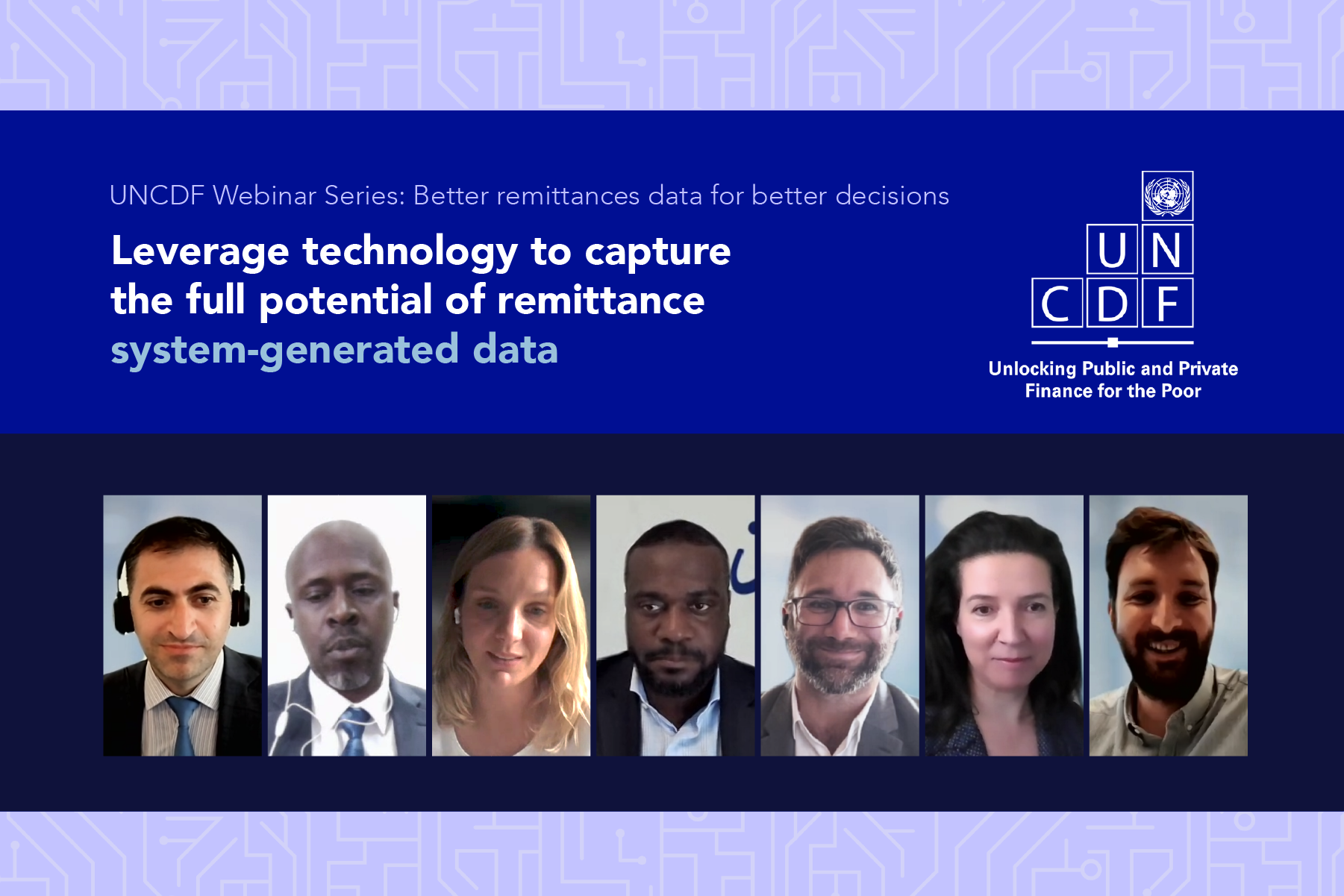
Enhancing the benefits of remittances through data technology
Remittances and their benefits for less developed countries are in the spotlight this month. From 7 to 9 June, the UNCDF held a webinar series focusing on the need for improved remittance data quality and access to support decision-making. And on the 16th, the UN and the global community will as usual observe the “International Day of Family Remittances”. This day acknowledges the contribution and resilience of 200 million of migrant workers who financially support their family back home. It also celebrates the positive impact remittances have on the achievement of the UNSDGs.
Why are remittances a big deal?
The socioeconomic benefits of remittances are well documented and far-reaching. They contribute to the achievement of the UN’s Sustainable Development Goals, through their positive impact at the household, community, national and international levels, the UN indicates.
These benefits underpin the resilience of remittances in the face of global adverse economic conditions like the Covid-19 pandemic and the war in Ukraine. The pessimistic forecasts that predicted a brutal decline of 7% in 2021 did not materialize. Certain regions, like Latin America and the Caribbean, even recorded growth during that time. And so did Sub-Saharan Africa. The World Bank reported that the region’s remittance inflows had increased by 14.1% in 2021, to reach $49 billion. In 2022, further growth of 7.1% is on the cards, partly due to the increase in food prices.
However, digitization is another driver of this growth. Why? Because it enables effective oversight and helps mitigate the associated risks.
Improving remittance data access through technology
Still, there is room for improvement in terms of access to data to support effective decision-making as regards remittances. This is precisely the issue the UN Capital Development Fund (UNCDF) addressed in the context of a webinar series it held from 7 until 9 June under the theme “Better Remittances Data for Better Decisions”.
As an expert on the subject, our CEO, James Claude, was invited to participate in the third webinar on 9 June. The latter focused on the leveraging of technology to capture the full potential of remittance system-generated data. The other guests were Wilson Kamali, Director of Statistics at the National Bank of Rwanda, and Marta Kuczyńska, Head of Business Development at the Business Reporting Advisory Group.
Migration and Remittances Specialist Paloma Monroy opened the session. David Taylor, UNCDF Data System Specialist and moderator of this webinar, highlighted the importance of developing data-driven decision-making systems to improve data access and quality. The three guests then showcased the potential of suptech, regtech and other automated systems to improve transparency, reporting and access, support regulation and the application of standards, drive interoperability, reduce transaction costs and ensure security within the remittance ecosystem.
Want to see the full video of the event?
By facilitating access to good quality remittance data, technological tools effectively support decision-making. They thus help enhance the benefits of remittances. GVG has developed such a tool: X Stream. X Stream is a solution that turns remittance data into actionable information to enhance decision-making and security in the remittance ecosystem.
Want to find out more about the potential of remittances? Click here.
